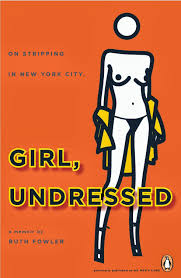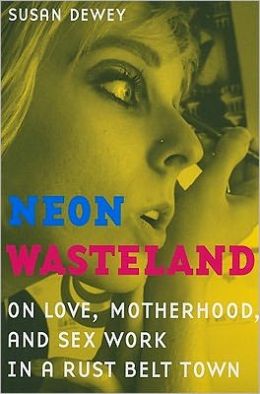Part one of this interview is here. You encapsulate the tired terms of the sex worker debate, in which the token sex worker is asked reductifying questions ad nauseaum: Is sex work exploitative or empowering? Is it violence against women? How can we help women (always women, and always cis women, never sex working men… Continue reading Activist Spotlight Interview: Melissa Gira Grant on Playing The Whore and Policing The Policers, Part Two
Category: Books
Activist Spotlight: Melissa Gira Grant on Playing The Whore and Policing the Policers, Part One
In the early aughts when I was a novice escort and On Our Backs was still being published, I was wowed by Melissa Gira Grant, an internet porn-making, geeky, theory-spouting phenom, even managing to be friends with her despite the fact that she was an Anais Nïn devotee. Over the years I’ve kept in touch… Continue reading Activist Spotlight: Melissa Gira Grant on Playing The Whore and Policing the Policers, Part One
The Lengths (2013)
When did I last read a novel about gay male escorts that didn’t make me want to set the world on fire with rage? It was probably Rupert Everett’s Hello, Darling, Are You Working?, one of the sex workers’ rights advocate/actor’s less well-known works. But also I read that book years ago, so long ago… Continue reading The Lengths (2013)
Girl, Undressed (2008)
by Caty and Red 12/9/2013 update: Yesterday, several commenters pointed out that speculating on the author’s trauma history was inappropriate of us. Upon reflection, we agree that this was specious and unnecessary, and apologize deeply for doing so. Red: I love stripper memoirs; I buy them all indiscriminately and hope for the best. Strippers are… Continue reading Girl, Undressed (2008)
Neon Wasteland: On Love, Motherhood, and Sex Work In A Rust Belt Town (2011)
Susan Dewey conducted fieldwork for her academic study at a strip club she calls “Vixens” in a town she calls “Sparksburgh” in the post-industrial economy in upstate New York. She describes interacting with approximately 50 dancers but focuses on a few: Angel, Chantelle, Cinnamon, Diamond, and Star. Some names were changed, but these pseudonyms will… Continue reading Neon Wasteland: On Love, Motherhood, and Sex Work In A Rust Belt Town (2011)




